Digital functional skills qualifications: proposed subject content
Feedback updated 29 Oct 2021
We asked
We sought views on the proposed subject content for new digital Functional Skills qualifications, specifically on progression, skills, knowledge and understanding needed for everyday life and work.
You said
There was a high level of support for the subject content with most respondents agreeing with our proposals. However, respondents also provided suggestions for how the subject content could be improved. The main feedback being the inclusion of specific knowledge and skills in the subject content, the difficulty of delivering and assessing some of the subject content statements, and a lack of clarity around the expected scope and range of subject content statements.
We did
Each suggestion has been carefully considered and we have worked with sector stakeholders and subject experts to revise the subject content following this consultation. On the basis of the responses to the consultation, the Department for Education will publish the subject content for digital FSQs.
The consultation response sets out the feedback received and explains the changes made and decisions taken to finalise the subject content. Full details of the changes made to the consultation are at Annex B of the consultation response.
Overview
The Department for Education is seeking views on the proposed subject content for new digital functional skills qualifications.
Why your views matter
The Government is reforming functional skills qualifications to improve their relevance and content, and to build their recognition and credibility in the labour market.
The consultation document asks questions on the proposed content for new digital functional skills qualifications. These will replace ICT functional skills qualifications from 2021.
In parallel with this consultation, Ofqual, the examinations regulator, is consulting on revised regulatory requirements.
Audiences
- Adult education providers
- Further education colleges
- Headteachers
- Independent specialist colleges
- Teachers
- Training providers
- Young people
Interests
- Apprenticeships
- Education
- Equality
- Lifelong learning
- SEND code of practice
- Teaching and learning (SEND)
- Work based training

Share
Share on Twitter Share on Facebook